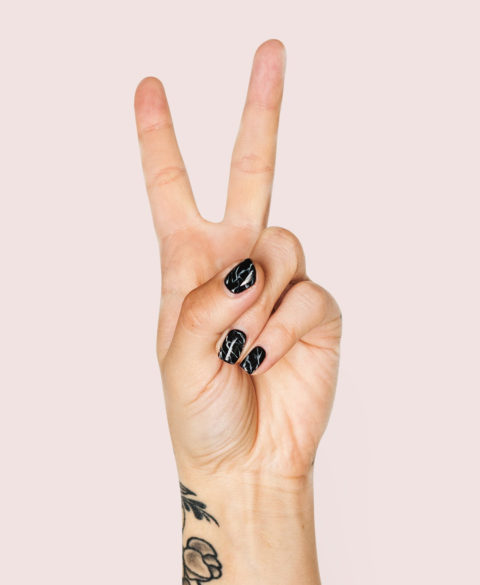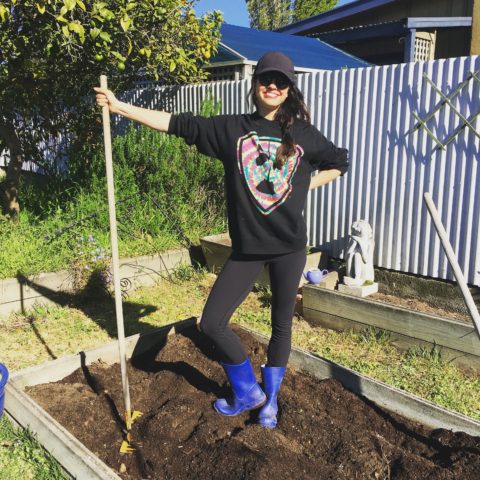
How To Create More Time In Your Day
We all have the same 24 hours in a day. Even when we’re slammed with deadlines or juggling after-school activities, it comes down to making intentional choices. Here are my top six tips to help you get…
1. Prioritise Rest and Sleep
Nothing functions well when we’re chronically exhausted — not our mood, not our focus, and certainly not our health. Sleep is when the body restores itself: memory consolidates, hormones rebalance, and tissues repair. Studies show that ongoing sleep deprivation raises cortisol (our stress hormone), impairs decision-making, and even disrupts appetite-regulating hormones like leptin and ghrelin, making it harder to maintain energy and a healthy weight.

2. Find Joy in the Everyday
Whatever you’re doing…whether it’s something you want to do or simply need to do…look for moments of joy in it. When we practice being present, rather than rushing through or multitasking, our brains release more dopamine, the neurotransmitter linked to motivation and reward. This doesn’t mean slowing down to a crawl, but rather appreciating the task at hand.
Some moments are easier than others — it’s simpler to enjoy washing your hair than it is to find joy in paying bills. But here’s the reframe: even mundane tasks are a form of me-time. They’re small windows where you’re not “mum-ing,” working, or answering to anyone else. Once you start to see these moments as opportunities to pause and reset, life begins to feel more balanced.

3. Master Your Transitions
One of the most powerful ways to protect your energy is to become intentional with how you move between tasks. Brendon Burchard’s practice of “Release tension, set intention” is a simple yet effective tool. Instead of rushing from one activity to the next, pause briefly and reset.
This can look different for everyone: close your eyes and take 10 slow, deep breaths, stretch for two minutes while focusing on your breath, or even do a few squats to shift your energy. Research shows that micro-breaks like these lower cortisol, improve focus, and prevent decision fatigue.
When we skip these pauses, we carry the stress of one activity into the next, leaving us drained and reactive. By taking just a minute to reset, you step into the next task, conversation, or interaction with clarity, presence, and control.
4. Plan with Purpose
When you feel like you’re drowning in a sea of to-dos, one of the best gifts you can give yourself is time to plan. Think of it as self-care for your future self. Research on goal-setting shows that writing down clear, specific goals not only increases motivation but also boosts the likelihood of follow-through by activating the brain’s prefrontal cortex — the centre for focus and decision-making.
A great time for this is Sunday evening: make a quick list of what’s truly important to accomplish this week and set 2–3 realistic goals. Then, prioritise. What actually matters, and what’s just noise? Deleting old emails or scrolling social media won’t move the needle, but completing a project, making time for exercise, or scheduling downtime will.
And speaking of downtime: make it restorative. Reading, walking, meditating, or connecting with loved ones will recharge your system far more than endless phone scrolling or zoning out to junk TV. The key is intentionality…plan your week, and plan your rest.
5. Start Your Day by Checking In with Yourself
Each morning, pause and ask: What do I need today? This isn’t about tasks or obligations — that will take care of itself — it’s about what you need to show up as your best self.
For me, it’s usually a few minutes of quiet downtime to reset and recharge. For you, it might be a walk, connecting with someone meaningful, or simply giving yourself permission to go easy. Research in positive psychology shows that self-reflection and intentional self-care in the morning can improve mood, resilience, and the way we respond to stress throughout the day.
By tuning in to your needs first, you set the tone for how you show up — as a calm, present partner, parent, employee, or friend — rather than running on autopilot.

6. Do Something Kind for Someone Else
When you’re feeling completely exhausted, overwhelmed, or like the universe is against you, try this counterintuitive trick: do something small for someone else. It could be sending your mum a heartfelt note, replying thoughtfully to a message you’ve been putting off, or telling your partner how much they mean to you — even if it doesn’t feel entirely natural at the moment.
Science shows that acts of kindness boost oxytocin, dopamine, and serotonin — the brain’s “feel-good” chemicals — which can lift your mood, reduce stress, and make you feel more connected. When I focus on these small gestures, it pulls me out of a victim mindset, replenishes my mental energy, and restores a sense of balance.
It doesn’t actually create extra hours in the day, but it changes how I feel about the time I have. Life feels lighter, happier, and somehow, it’s as if I’ve magically gifted myself a little more me-time.
Photo credit: Rassic Photography, Kinga Cichewicz, Icons8 team, KonMari



